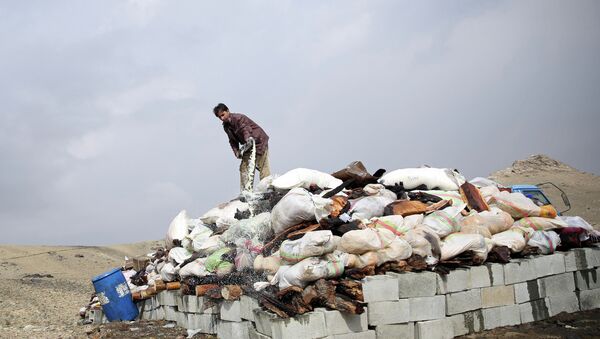According to a Politico news outlet investigation released on Sunday, the plan, dubbed Operation Reciprocity, stipulated the use of US courts to prosecute commanders of the Taliban movement, as well as allied drug lords in Afghanistan, who supplied over 90 percent of the world’s heroin. The plan, proposed by Drug Enforcement Administration (DEA) and Justice Department legal advisers, aimed to stop the spread of drugs throughout the world and to cut this source of financing for the Taliban.
READ MORE: Afghan Forces Destroy Daesh Stronghold Amid Crackdown on Terrorists
According to Kaidanow, she decided not to implement the plan because there were concerns it would undermine the US broader strategy in Afghanistan.
"This was the most effective and sustainable tool we had for disrupting and dismantling Afghan drug trafficking organizations and separating them from the Taliban. But it lies dormant, buried in an obscure file room, all but forgotten," the news outlet quoted Michael Marsac, the main author of the plan and then-DEA regional director for South West Asia, as saying.
Now, critics of this decision are hoping that the US President Donald Trump administration will reconsider and revive Operation Reciprocity, the news outlet added.
Afghanistan has long been suffering from an unstable political, social and security situation due to the activity of various terrorist and radical groups, including the Taliban. In 2001, the United States invaded Afghanistan to remove the movement from power in the country.



